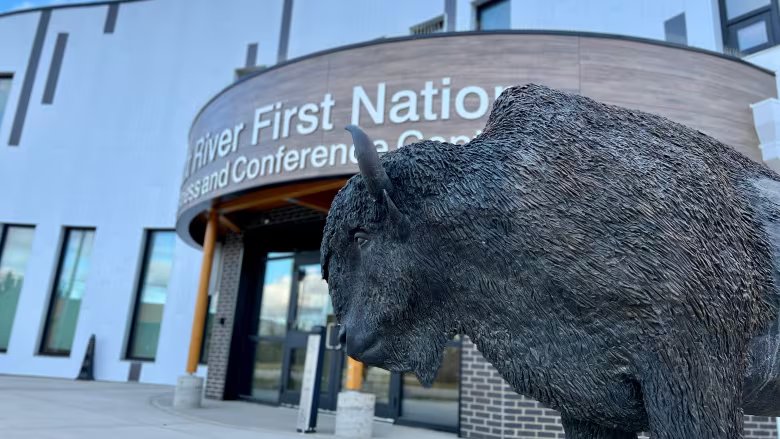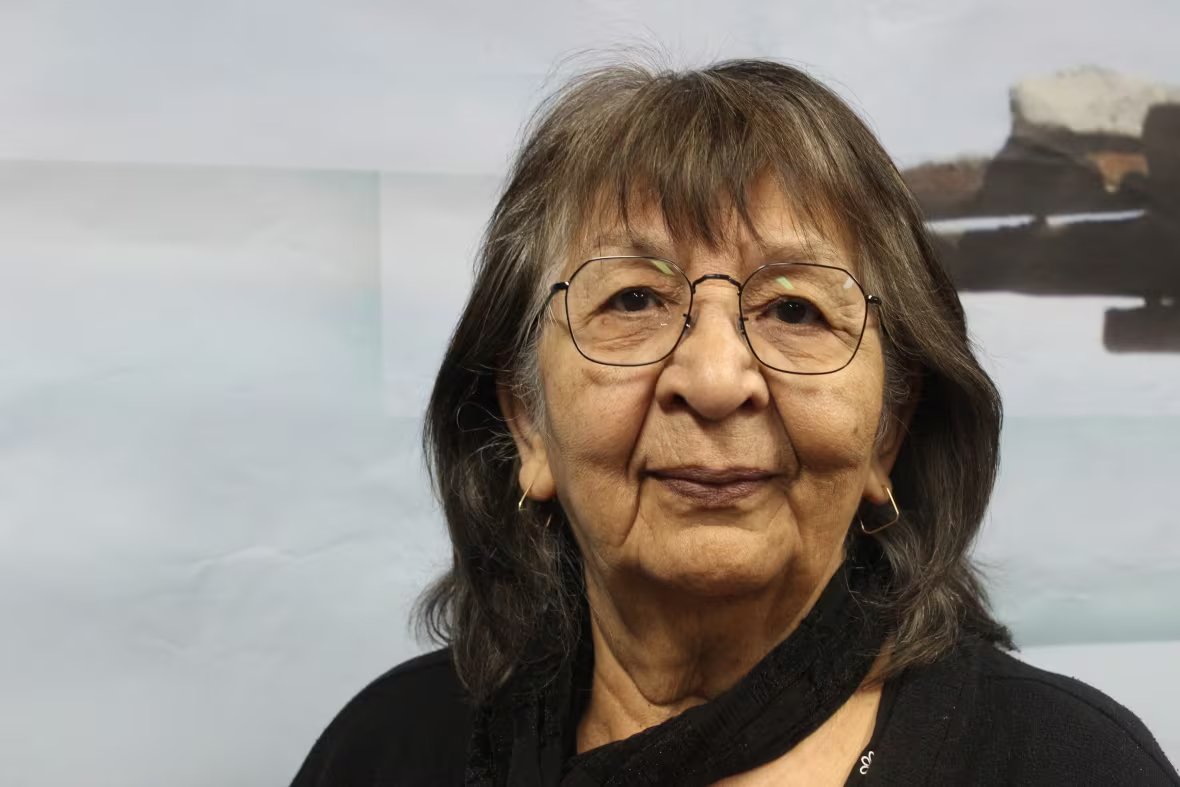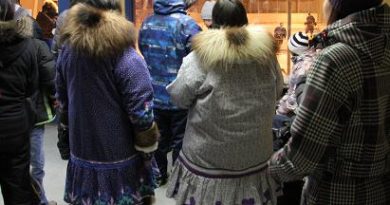Salt River First Nation in N.W.T. still in political turmoil after court decision

Salt River First Nation in Fort Smith, N.W.T., continues to deal with political turmoil in the wake of a Federal Court decision that found the suspension of the elected chief in 2022 was not done in a fair or reasonable way.
The March 12 judgment by Justice Paul Favel found that Salt River First Nation (SRFN) council did not follow its election code when suspending Toni Heron as chief just weeks after she was elected in September 2022.
Councilors Brad Laviolette and Kendra Bourke moved to suspend Heron in October 2022 and then kept moving to re-suspend her every time the suspension ended.
In his judgment, Favel approved Heron’s application for a judicial review of the suspension against her and said when the council suspended and then repeatedly re-suspended Heron, they did not do it “in a procedurally fair and reasonable manner.”
Favel also dismissed SRFN’s application for a judicial review of a special meeting that Heron had called for on October 23, 2022, to remove Laviolette and Bourke from council. At that meeting, SRFN members voted to remove the two councilors.
But the First Nation argued that Heron was suspended as chief on October 13 and therefore had no authority to call that special meeting.
Favel rejected that argument, saying Heron’s suspension was “both procedurally unfair and unreasonable,”
Favel awarded Heron retroactive pay of the salary she would have received as chief since her suspension, along with a lump sum of $12,000 paid by SRFN.
Meeting called to remove Heron
Heron’s status as chief, however, is still in dispute. Laviolette — who became acting chief after Heron’s suspension — and Bourke are now trying to remove Heron and they’ve called a special meeting scheduled for April 4.
Neither Laviolette nor Burke have responded to requests for comment from CBC News. Heron told CBC News she would wait until after the April 4 meeting to comment.
Heron had earlier sent out a news release outlining the Federal Court judgment for membership, and she attempted to re-enter the office as chief.
However, she was met with a letter posted on the locked band office door, stating that Heron continues to be suspended from exercising and performing any and all duties and powers of the chief of Salt River First Nation.
In another letter posted on its website on March 21, SRFN said that as a self-governing First Nation recognized under Treaty 8, it has the “inherent Aboriginal right and authority to govern relations among its members.”
The letter also argues that Heron should be removed as chief because the council has not seen an attempt by Heron to prove that she was not deserving of the previous suspensions and that she continues to act against the election code and her oath of office.

SRFN has a long history of infighting and not everyone agrees with the meeting called for April 4, or the earlier suspensions of Heron.
Former chief David Poitras said he doesn’t understand why Heron was suspended in the first place. He says that if Heron deserved to be suspended, it should have happened once and not repeatedly.
“If she did something that wrong, they should have taken it to the assembly and asked the membership to decide whether she stayed on or not,” Poitras said.
Poitras believes members are frustrated with the political turmoil and they want the arguing to stop. He wants to see the Federal Court judgment upheld, and Heron in place as chief.
“They have to let go and try to get this settled, because the people have been waiting for this judgment for quite a while, and the judgment’s been made. And it still goes on,” he said. “So that’s not right.”
Poitras also said he and other band members are confused with the recent decisions made by the council and that he understood that the court’s judgment this month would be the ultimate decision in the matter.
Poitras was chief for three years before Heron was elected to take his place. He said it’s a shame to see what is happening right now within SRFN governance.
“The fighting needs to stop,” he said. “When I was chief — the infighting stopped for a while. We had peace for three years.”
Related stories from around the North:
Canada: Recent turmoil with chief and council is nothing new for Salt River First Nation, CBC News
Iceland: Iceland’s wind power working group calls for input from public, municipalities, Eye on the Arctic
Sweden: Land use rules getting hindering climate adaptation efforts in Swedish municipalities, Radio Sweden



